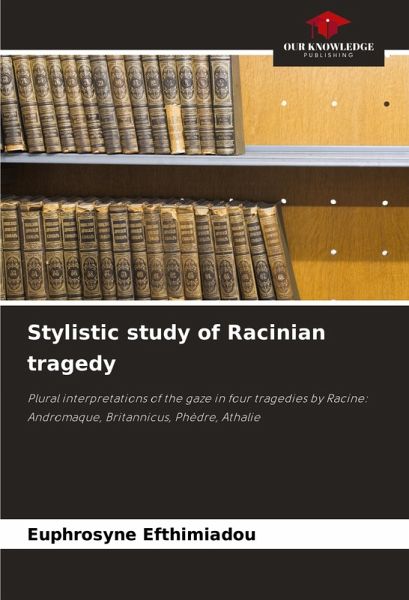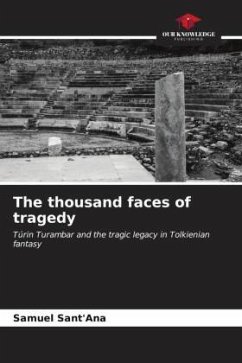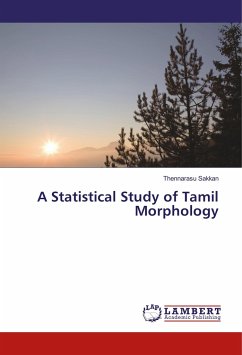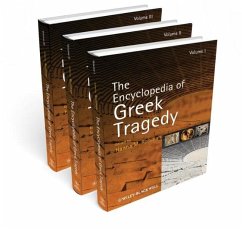
Stylistic study of Racinian tragedy
Plural interpretations of the gaze in four tragedies by Racine: Andromaque, Britannicus, Phèdre, Athalie
Versandkostenfrei!
Versandfertig in 6-10 Tagen
40,99 €
inkl. MwSt.

PAYBACK Punkte
20 °P sammeln!
In the second third of the 17th century, Racine devoted himself to the theatrical genre of tragedy, and more specifically, to the psychological study of his heroes. Racine's tragedies are of fundamental interest for their meticulous study of characters, reflecting their emotional and affective state as they act out their roles. In this respect, the stylistic approach based on multiple interpretations of the gaze is of major importance in highlighting the psychology and actions of the heroes that lead to tragedy. Racine draws on the lexical repertoire of pastoral and neo-Platonic vocabulary for...
In the second third of the 17th century, Racine devoted himself to the theatrical genre of tragedy, and more specifically, to the psychological study of his heroes. Racine's tragedies are of fundamental interest for their meticulous study of characters, reflecting their emotional and affective state as they act out their roles. In this respect, the stylistic approach based on multiple interpretations of the gaze is of major importance in highlighting the psychology and actions of the heroes that lead to tragedy. Racine draws on the lexical repertoire of pastoral and neo-Platonic vocabulary for the gaze, but gives it new meaning. On the one hand, the heroes' gaze remains dazzled and immobilized before the being that fascinates it, seeking communication in order to assert its presence. On the other, feelings arise from the hearts of the characters, who remain dominated by their desires. Finally, the spirit intervenes to question the profound nature of the upheaval the beings are undergoing.














